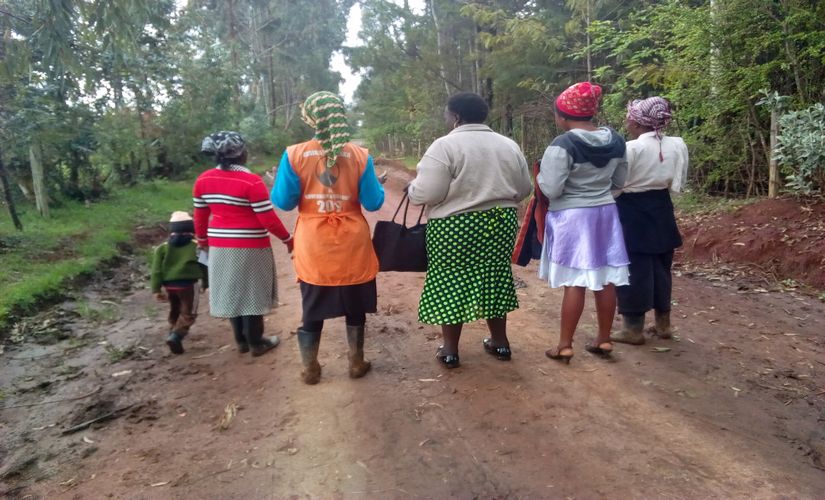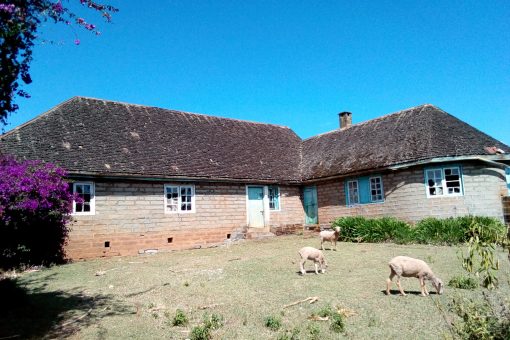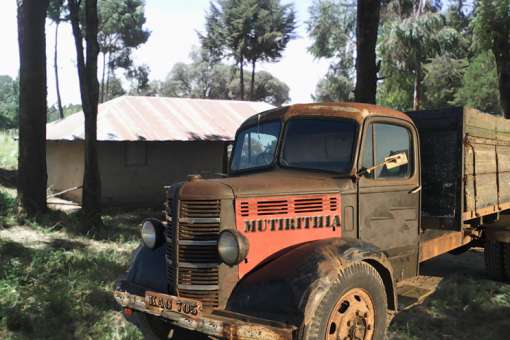After the declaration of the State of Emergency by the colonists in 1952, a wave that swept a lot of MauMau leaders to detention, including my father, the ones that escaped took cover in the forests. That was the onset of the guerilla warfare. The MauMau could no longer show their faces in the daytime otherwise the colonists would arrest them and take them to detention camps, or worse still, shoot them in cold blood. The MauMau hid in the forests and caves in the daytime, emerging at night to confront the colonist in their palatial homes and country clubs where they gathered to socialize.
It was during that absence of the men that our mothers were drawn deeper into the MauMau movement. The women became the sole breadwinners for their families. They went to work for the only employer they had, the British colonists who owned factories and huge plantations.
The colonists detested the fact that Africans had children. They looked at them as an inconvenience. They needed the women to work for them, now that the men were either in detention camps or hiding in the forests. Some women were hired as house maids and cooks, raising the white children as their British mothers went shopping or socializing in the whites only country clubs. The rest of the African women worked in factories and plantations, doing back breaking work from morning to evening. The women needed a “safe” place to leave their youngest children, toddlers and infants, since they could not leave them home by themselves. To resolve this problem, the colonists built huge enclosures surrounded by wire mesh to keep the children in. Those were the “daycare centers”. I am using the term daycare loosely here. A few women were hired to care for these children, mainly to cook their meals.
The children were fed white porridge for breakfast. The porridge had no milk or sugar. Lunch was plain githeri (maize and beans). The githeri had plenty of dried tough maize with just a handful of beans. My older siblings went to those “daycares” and they remember weevils (mbuca) floating on their githeri. They pushed the weevils aside and ate the meal anyway. They had no other options. It was either that or starvation. The mothers knew the inhumane conditions their young children were enduring every day but that was the sacrifice the women were willing to make in order to support the fight for independence.
Children of school going age were sent to segregated schools for Africans only, schools that were poorly equipped and poorly staffed. The children were not sent to school because the colonists wanted to give them an education, but rather, to keep them occupied and out of the way while their mothers worked all day long. Talk of keeping a population contained, the British colonists had the Kenyans backed into a corner with no wiggle room or a shred of dignity left to their name, mark you, in their own country that the British were occupying illegally.
Our country’s independence came at a very high price to all involved.




